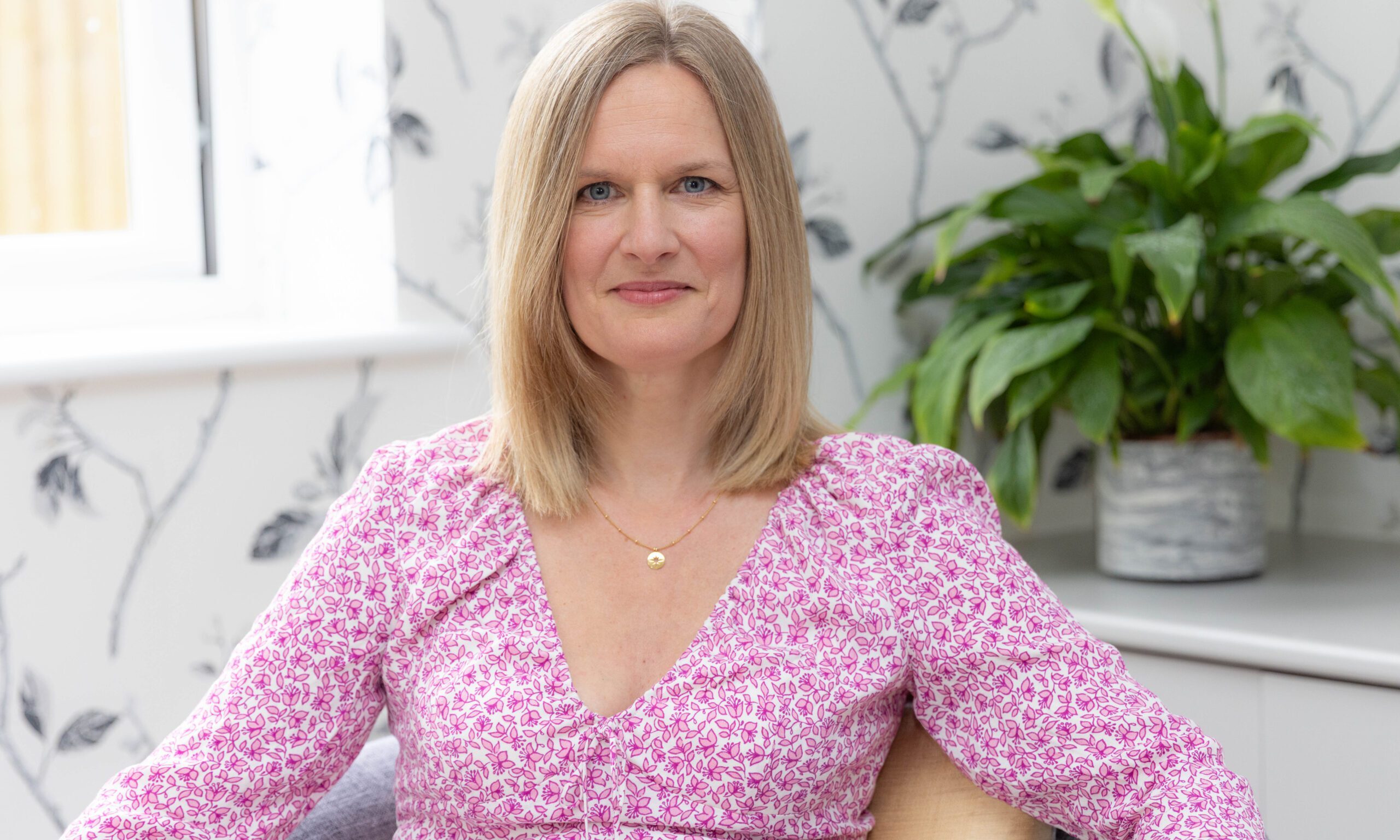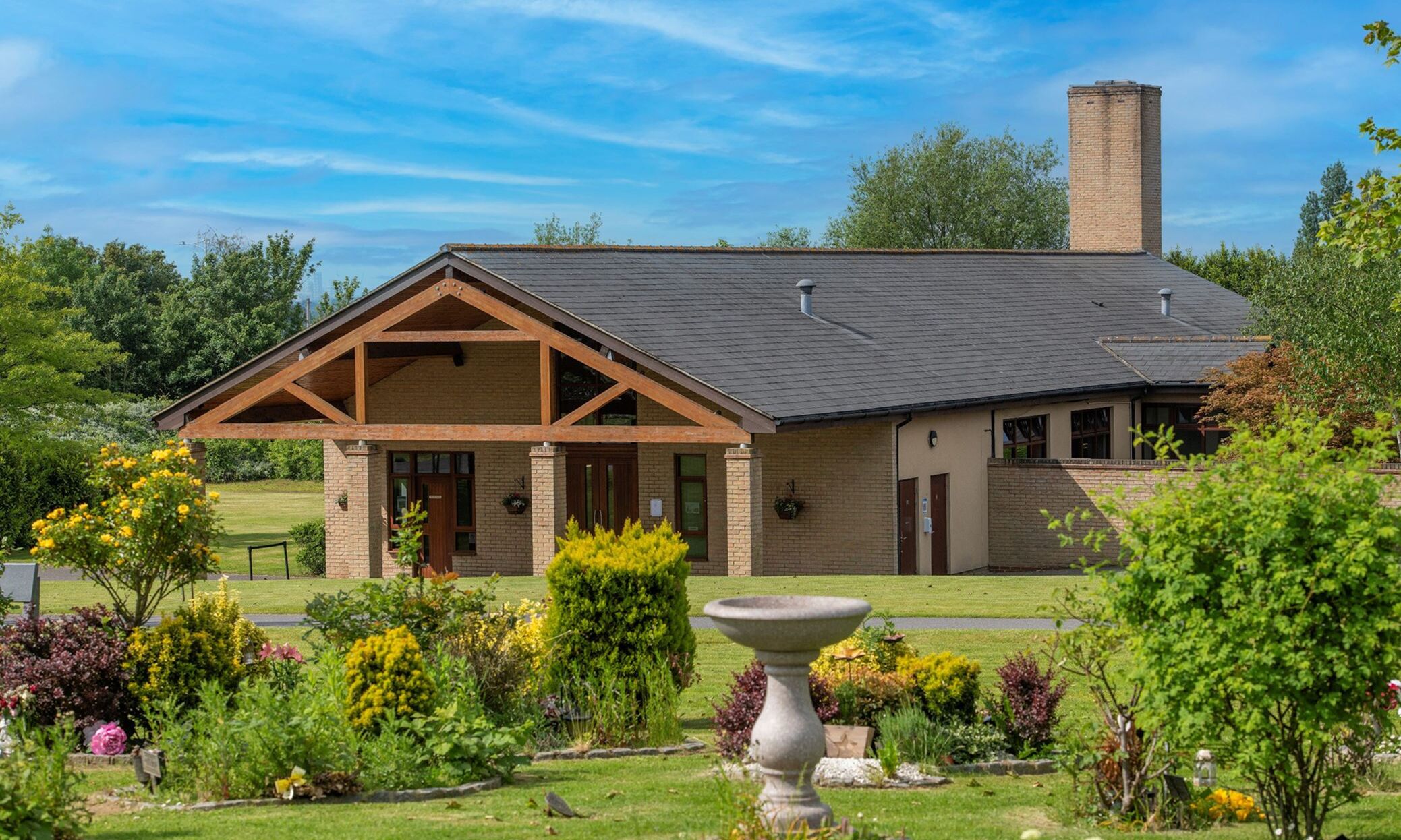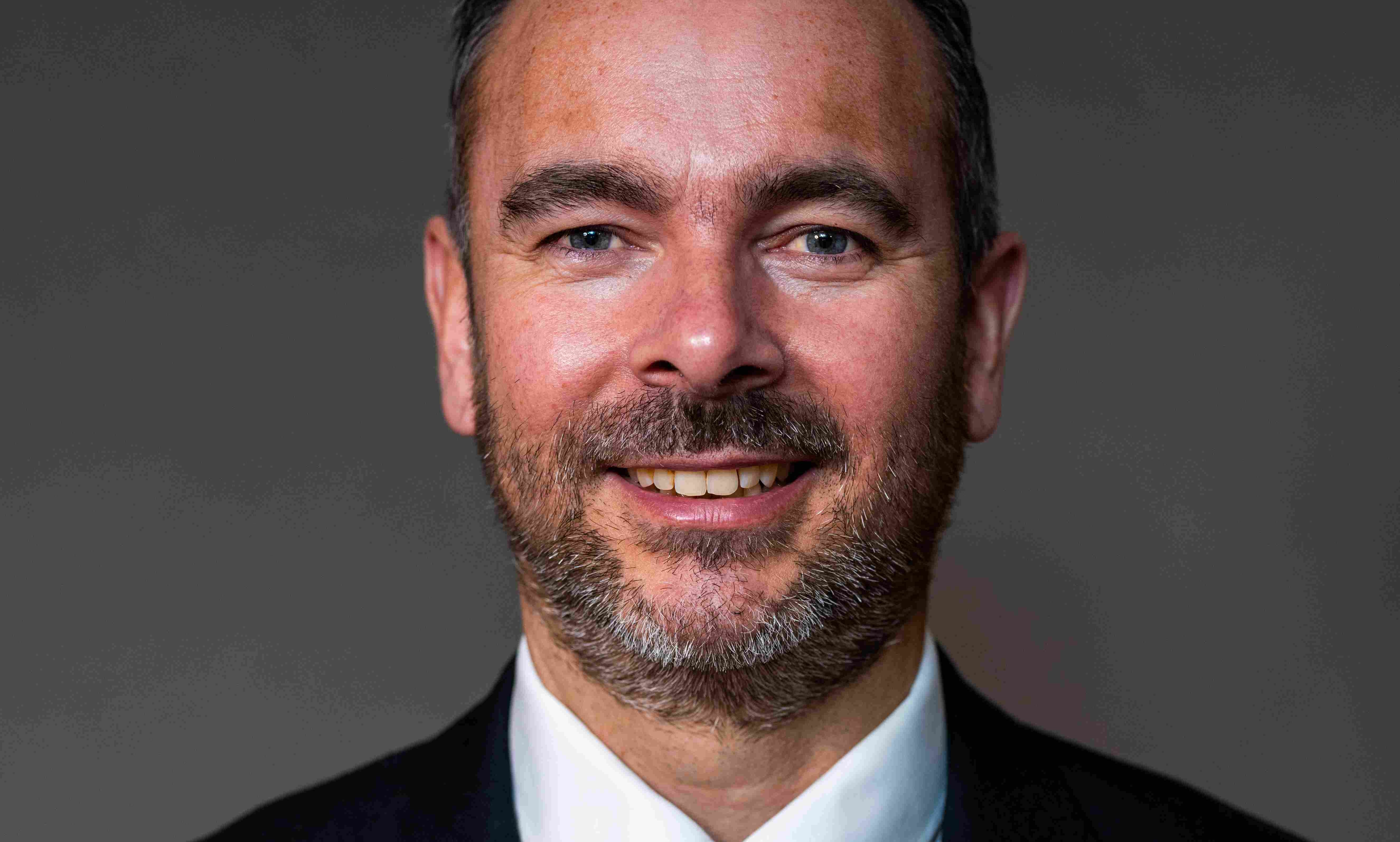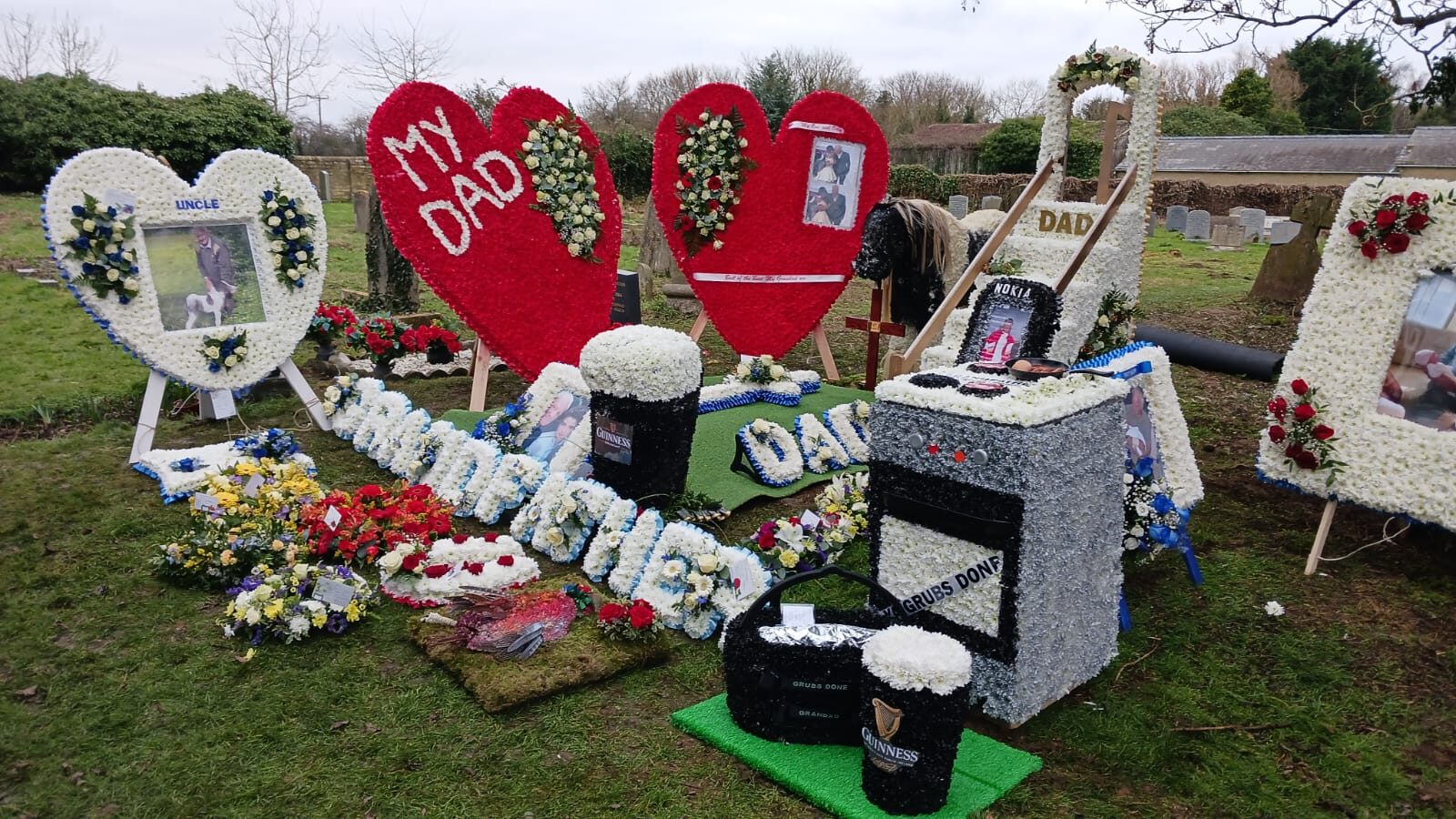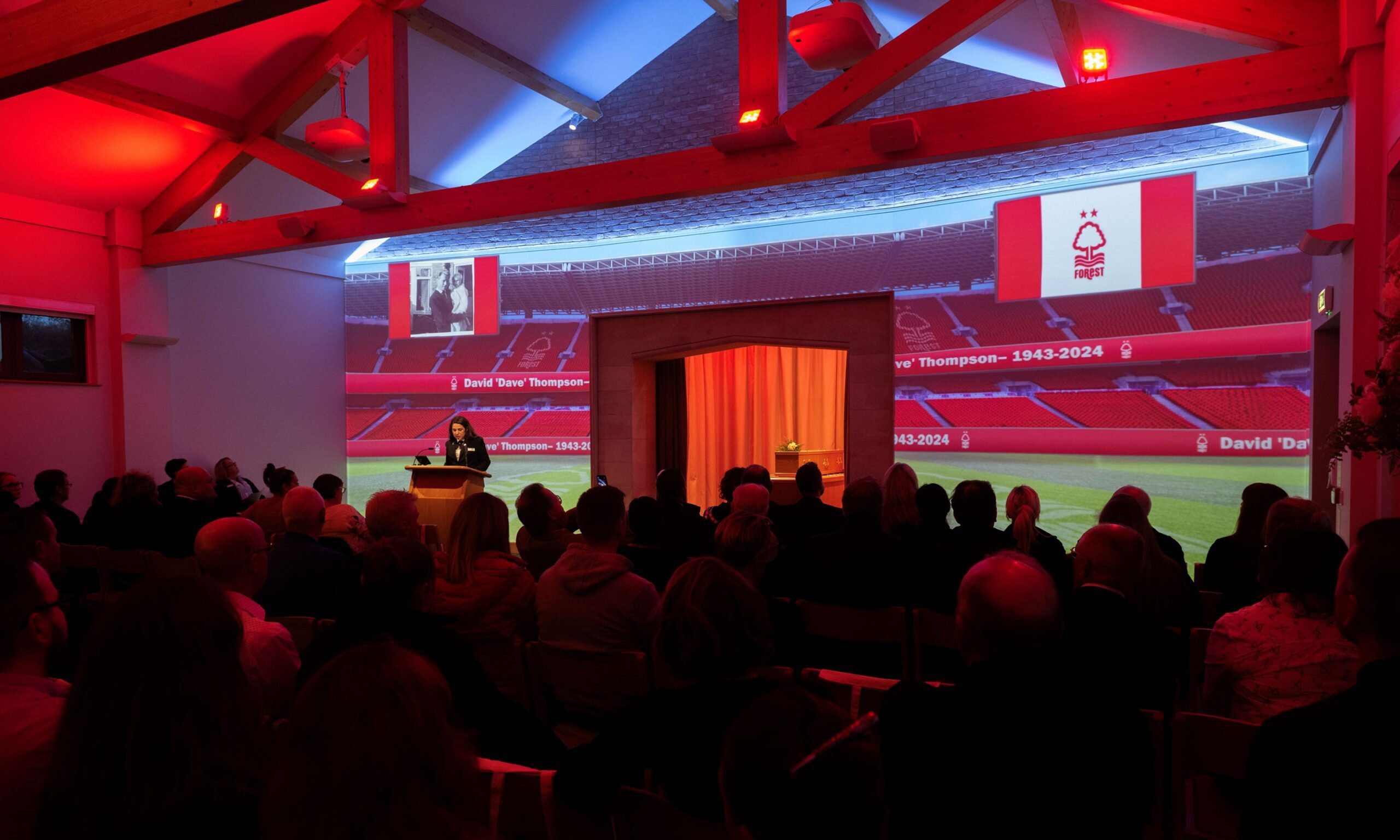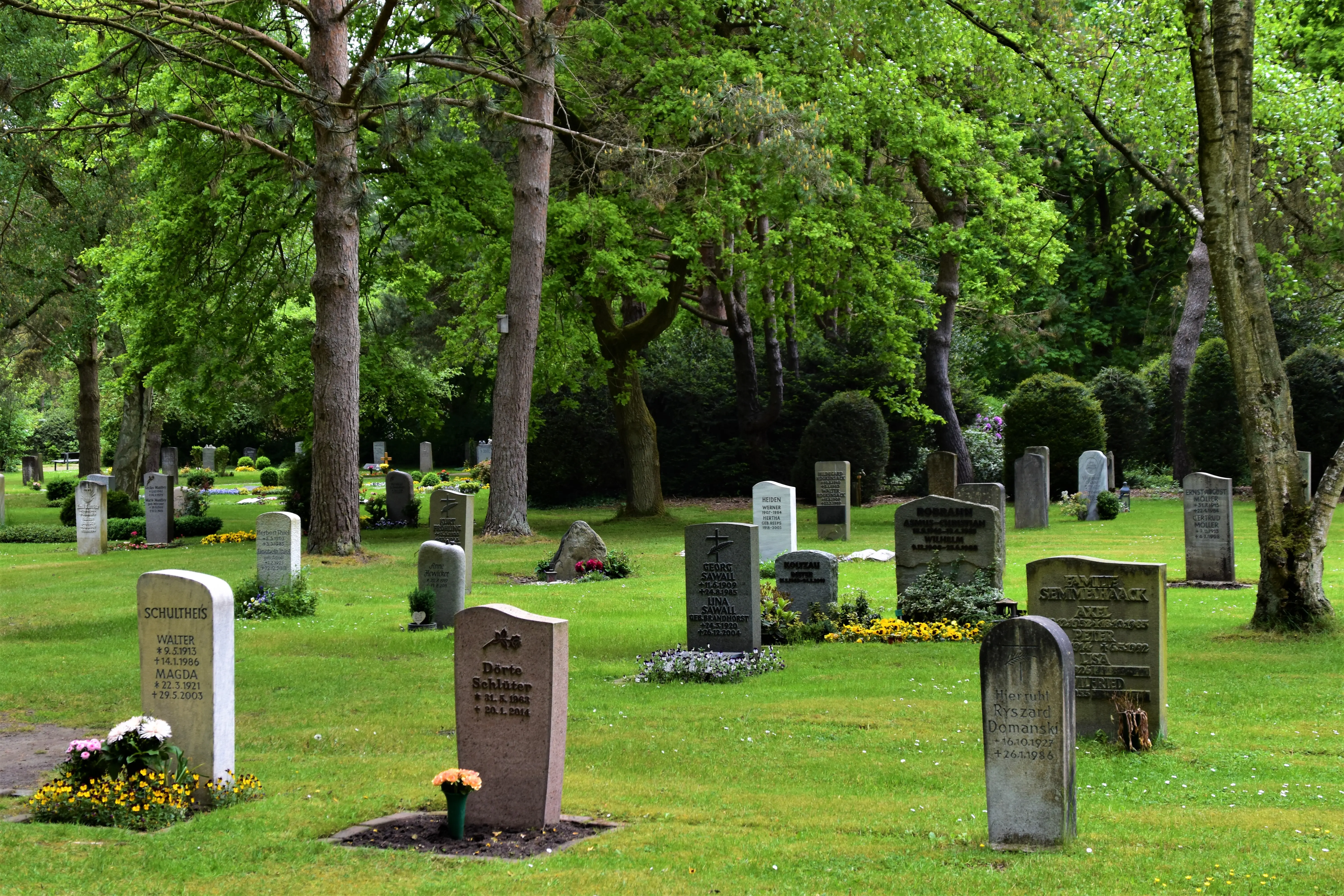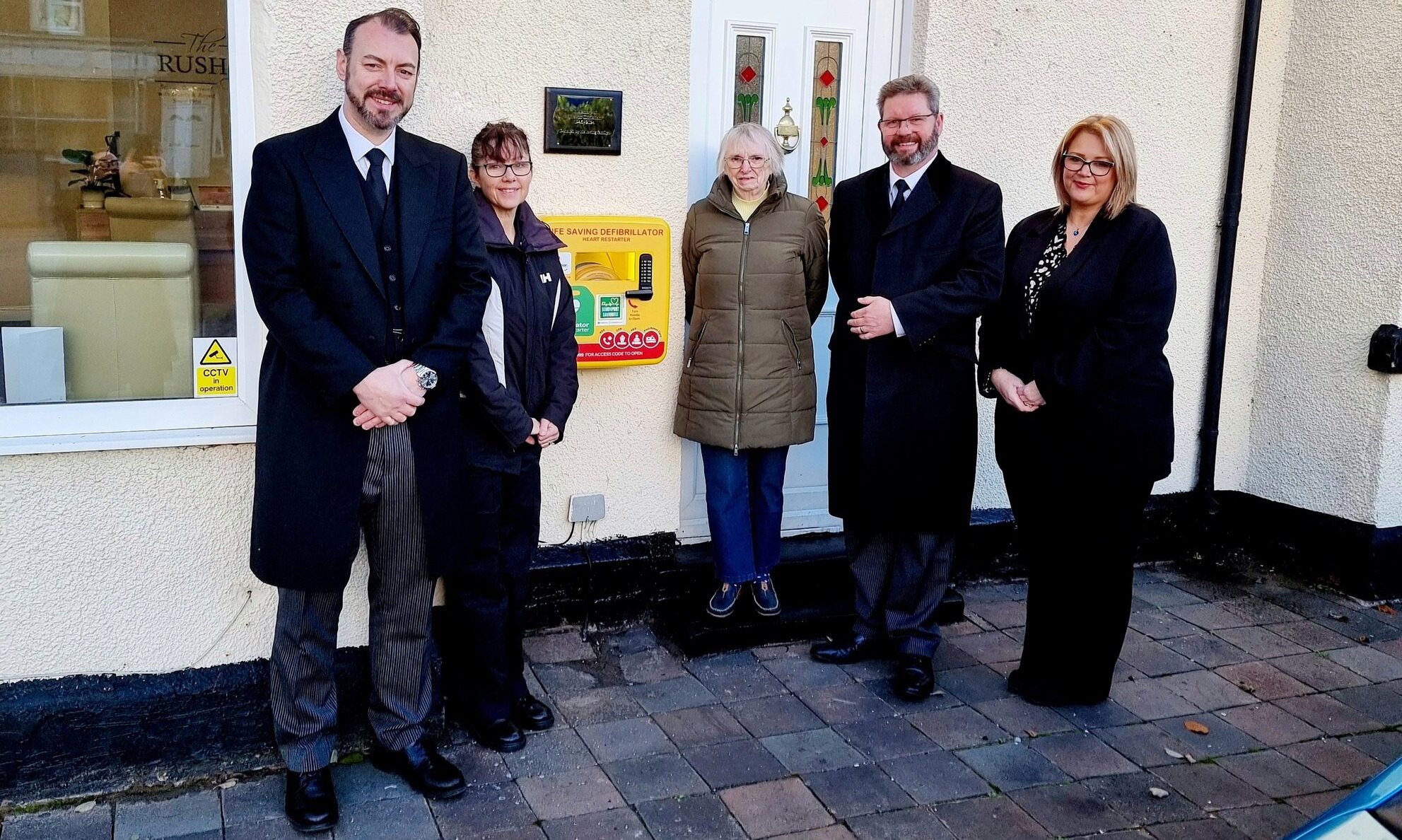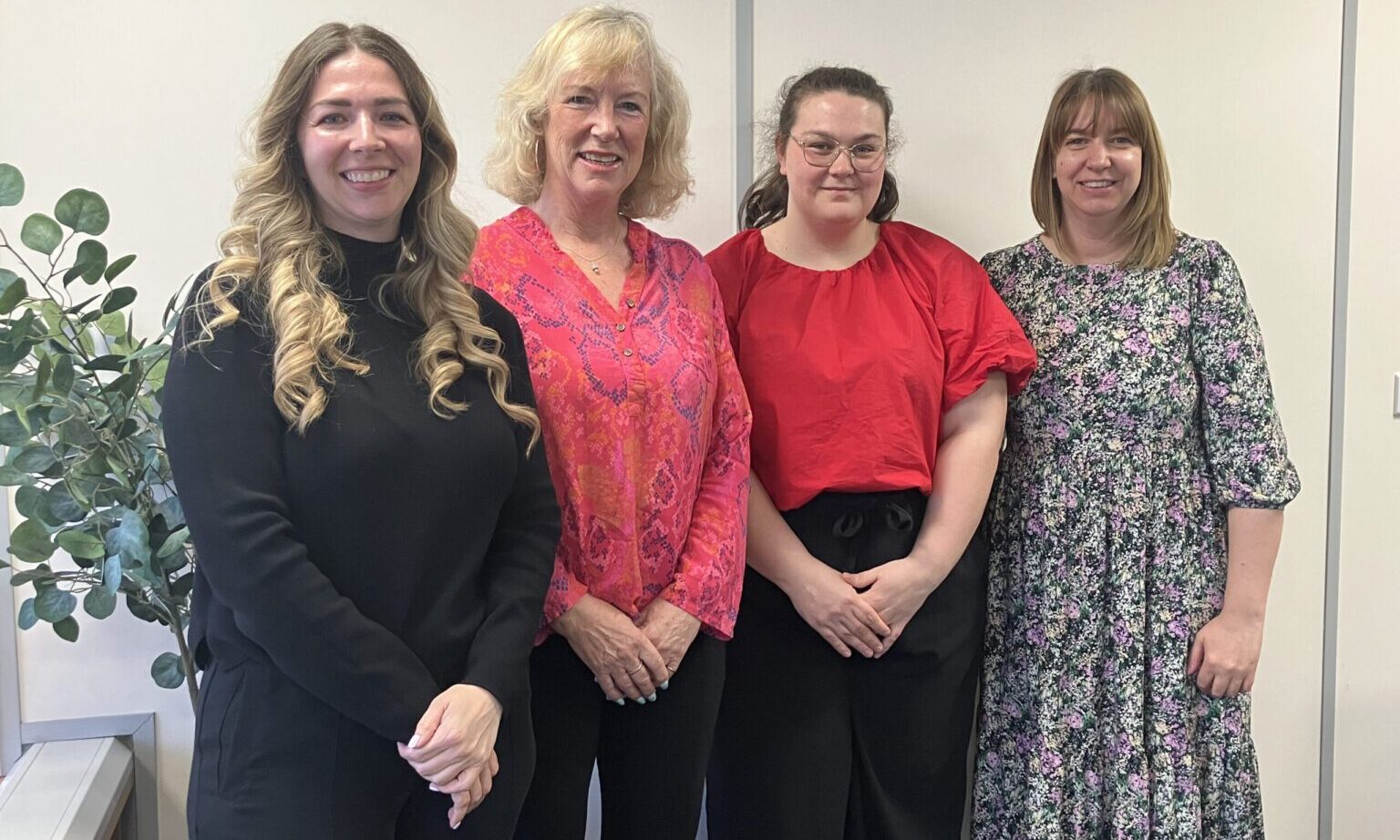Register to get 1 free article
Reveal the article below by registering for our email newsletter.
Want unlimited access? View Plans
Already have an account? Sign in
East Midlands funeral provider A.W. Lymn has called for greater institutional support for Roma and Traveller communities, citing difficulties families face when organising funerals.
Matthew Lymn Rose, managing director and fifth-generation member of the family business, said Traveller families are often left to navigate complex bureaucracy without sufficient help.
Founded in 1907, A.W. Lymn has developed a strong reputation among Traveller families for its culturally sensitive services. The firm, which now carries out more than 60 Traveller funerals each year, said customs such as large caskets, deep graves and elaborate floral arrangements often clash with local authority cemetery rules.
Lymn Rose said: “These are more than just funerals for the Traveller community, they’re deeply spiritual events, steeped in tradition and family values. But families often find themselves up against a system that doesn’t understand or accommodate their needs.”
Edward Martin, senior funeral director at A.W. Lymn, added: “The standard tradition for many Traveller funerals is they have large caskets, double or triple-depth graves, and elaborate floral tributes. However, what we often find is these traditions frequently clash with local cemetery rules or health and safety guidelines.
“Sometimes, even if the traditions fall inside the rules, they can be met with resistance. That’s really frustrating because it leaves the funeral director in the position of having some very difficult conversations with a family that just wants to do the best for their departed and honour their traditions.”
Lymn Rose added that communication is another area where standard procedures can break down. Many Traveller families prefer voice notes and text messages to traditional paperwork, relying on verbal agreements and personal trust.
A.W. Lymn employee Sharon Draycott, who has worked closely with Traveller families, also said there remains widespread misunderstanding and prejudice.
Lymn Rose believes policy changes were needed to ensure equal treatment, and “sees no reason why Traveller communities shouldn’t receive the same recognition and accommodation for their traditions as other cultural or religious groups.
In light of this, he called for more empathy, more education, and more action from local authorities.


